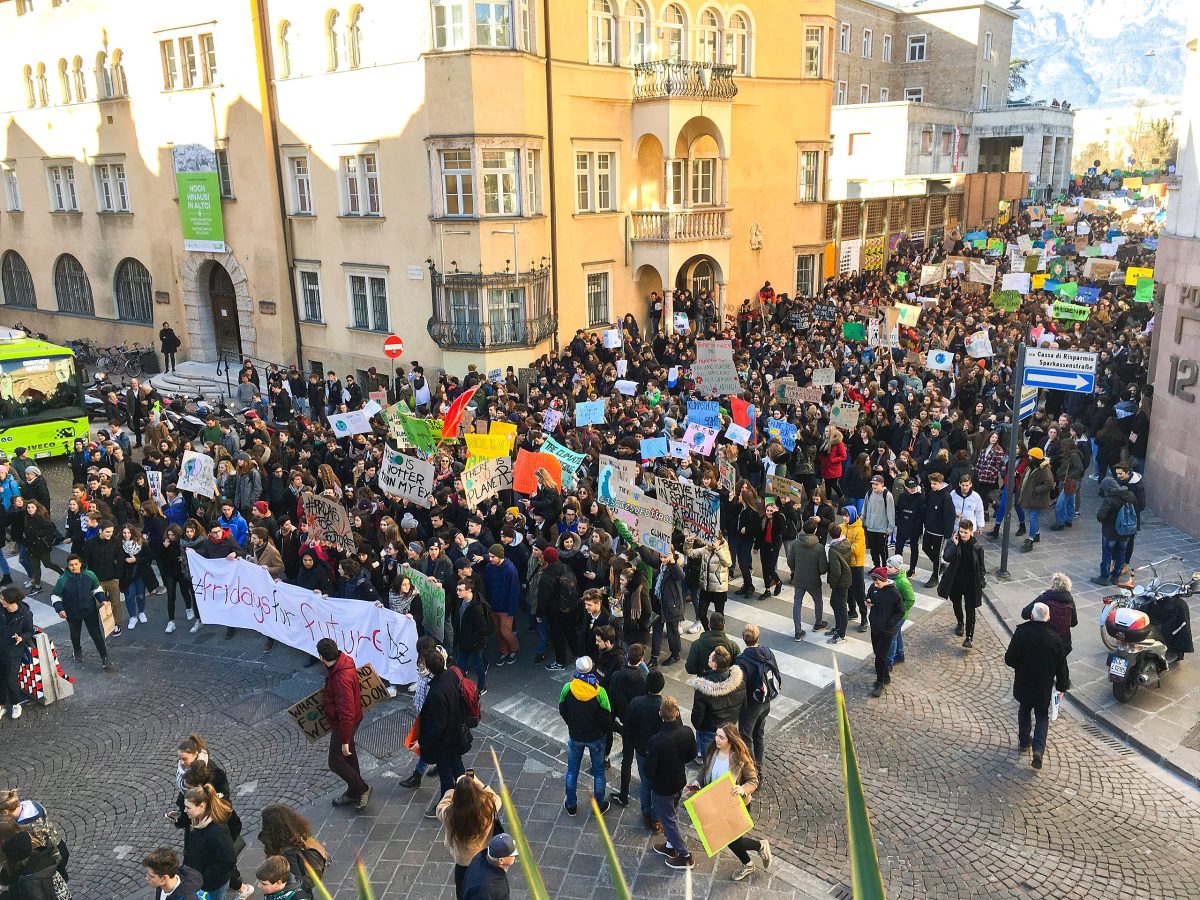POSTGEN (Generational gap and post-ideological politics in Italy – A generation-aware analysis of ideological destructuring and political change in the Italian case) is a social science research project involving four Italian universities (Luiss Rome, University of Bologna, University of Milan, University of Pavia) funded by the Italian Government under the PRIN (Projects of Relevant National Interest) scheme (project ID: 2020TZJP52). The project started its activity on June 1, 2022, with a duration of 36 months.
Background
Recent, disruptive political change in the Western world (Brexit; Trump; challenger parties across Europe; the birth in 2018 Italy of the first “populist” government in Western Europe) has deeply challenged theories of voting behavior and party competition, leading most scholars to broad explanations based on populism and irrational publics.
Recent comparative research (see the ICCP project; see De Sio/Lachat 2020) has shown more specific mechanisms: challenger parties thrive on an ability to mobilize conflict by leveraging issue opportunities across ideological boundaries. This reveals a de-ideologized context, where voters, relying less on traditional ideological alignments, reward innovative post-ideological platforms.
Still, ICCP research only scratched the surface of a possible de-ideologization process, lacking processual focus (and missed the impact of the Covid crisis, potentially leading to further change).
The POSTGEN project
POSTGEN fills this gap by offering – on the Italian case, lying at the forefront of disruptive political change – an in-depth analysis of the mechanisms and dynamics of possible de-ideologization. It adopts a generation-aware perspective (needed for understanding change) with emphasis on younger generations, and with innovative focus on:
- time: tracing the (memory and) dynamics of the formation of political attitudes (at the individual, generational, and collective level) and their impact on political behavior;
- meanings associated to different political issues, and the (lack of) overarching ideological organization thereof;
- non-political actors and influencers, and their increasing influence in an age of crisis of epistemic authorities.
Project structure and development
Thus, POSTGEN broadly asks: “do generations differ in ideological structuring of their political attitudes?” “How is this exploited by party strategy, leading to political change?”, answering through a mixed, multi-method, longitudinal strategy with three components:
- Media: the communication landscape that surrounds and influences citizens of different generations; public discussion of political issues by the mass media, social media influencers, users; analyzed through qualitative/quantitative content analyses and algorithm-based methods;
- Citizens: citizens’ political attitudes (and the structure thereof) captured through representative surveys, in-depth qualitative interviews, innovative in-school events (and survey experiments) focused on secondary school students;
- Parties: party issue strategies during electoral campaigns, analysed through their social media communication.
Investigating the generation-specific connection between political discussion, ideological de-structuring and disruptive political change in Italy, POSTGEN will feature further theoretical elaboration and the development of a mixed, multi-method, longitudinal data collection and analysis effort, to present a detailed, cross-generational picture of the changing dimensionality of the political space.
The project develops around three objectives:
- Promoting a generation-specific understanding of the impact of (social) media-situated public discussion on political attitudes and on their (de-)ideologized structuring. The impact of public debate on political attitudes stems from a conceptualization where public debate is the vehicle for the indirect effects exerted on citizens by various actors: mass media; political actors; non-political actors and influencers; ordinary social media users. These last two categories of actors are also conceptualized as generation-specific, with the assumption that different generations may be influenced by different non-political figures and contexts of social media users (likely from the same generation). The project will assess the (first- and second-level) agenda-setting ability of different actors, i.e. their ability to influence citizens’ attention on specific issues of the political debate and the framing of such issues; and will follow with (qualitative and quantitative) analyses of the issue breadth and ideological structure of issue emphasis and attitudes across influencing actors and social media users.
- Investigating the (lack of) ideological structuring of political attitudes across generations. This will be done focusing on relationships of consistency across opinions and meanings in different issue domains, assessed through a mixed-methods perspective. To this scope, we will rely on panel surveys, in-depth qualitative interviews with young adults, and innovative in-school events with students in secondary schools, leveraging structured interviews and seminar-based survey experiments.
- Assessing the impact of (de-)ideologized attitude structuring on political behavior. The project will provide a broad understanding of how the (lack of) ideological structuring of political attitudes interacts with (de-)ideologized political supply, producing political behavior that cuts across ideological lines. The project will leverage ICCP-derived data collection focused on both citizens and party supply at campaign time, with an analysis enriched by a generational perspective and innovative quantitative analyses leveraging issue yield theory.
Across these objectives, POSTGEN’s main feature will be a focus on contemporary young generations: as ideological orientations structure party choices (Thomassen 2005), a lack of structure among the younger will likely make voting more volatile in the long run, with potential implications for the quality of democracy and the stability of the political system.
Leveraging these tools within a theoretically sound perspective, POSTGEN will: (a) provide indications on future developments of the Italian political system; (b) by analyzing a case at the forefront of contemporary political transformations, offer precious insights about the future of democratic representation in the Western world.


